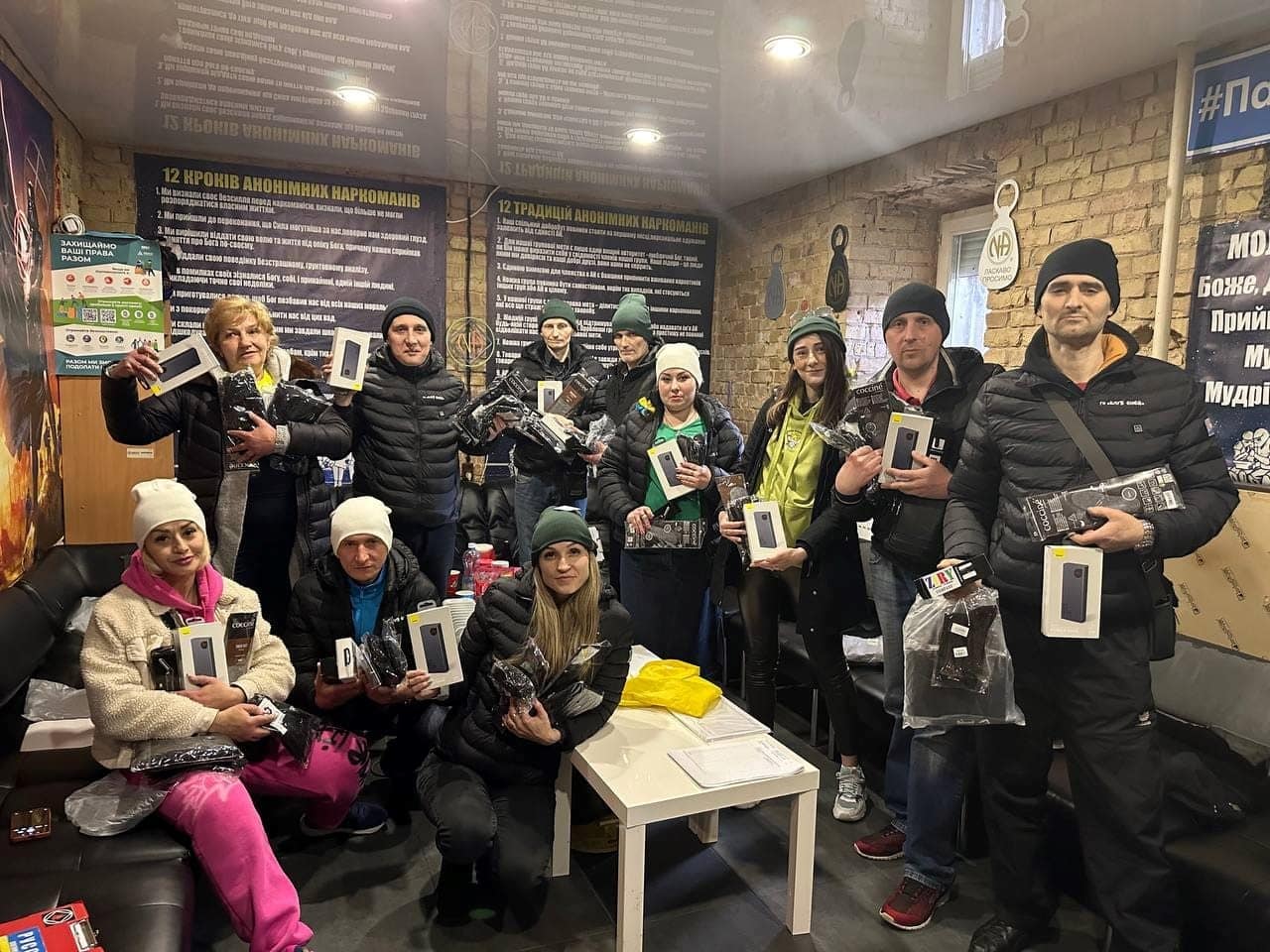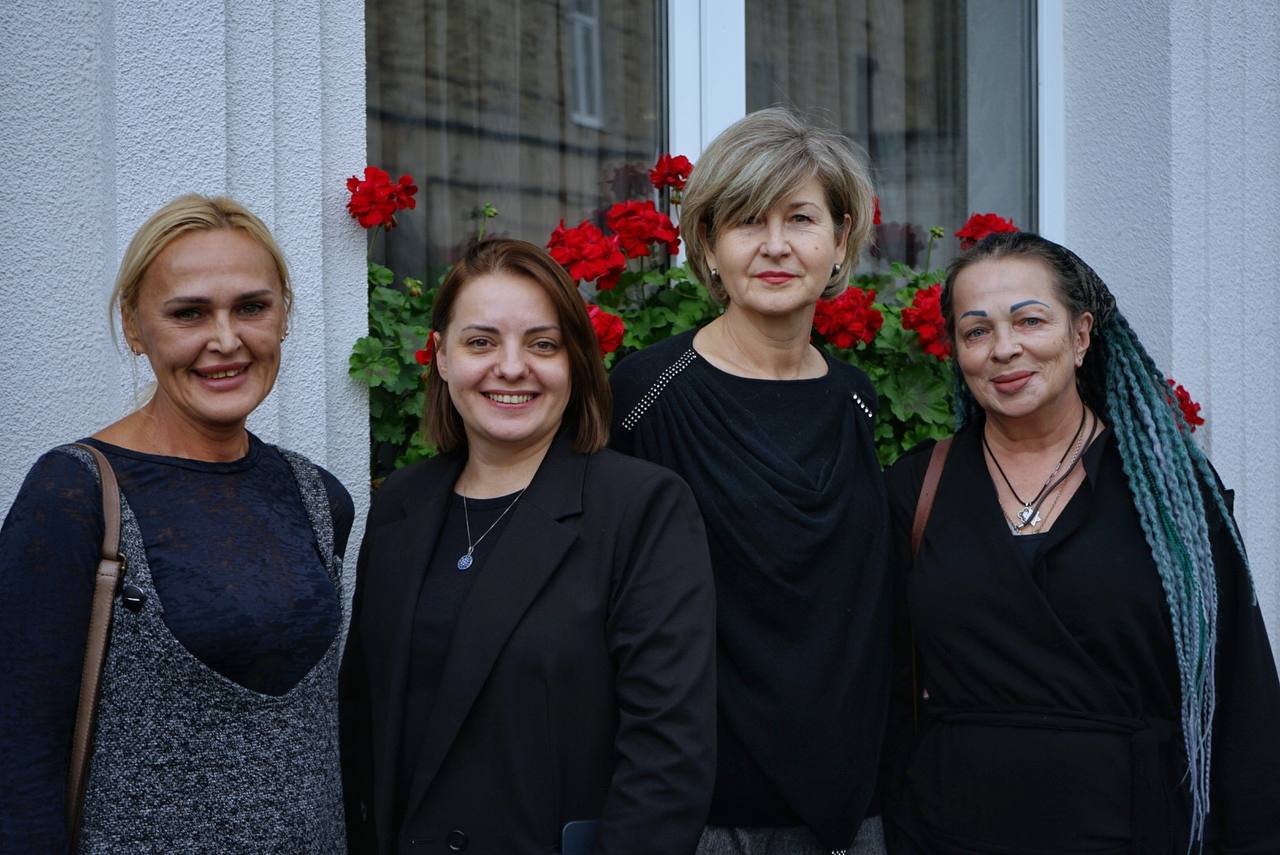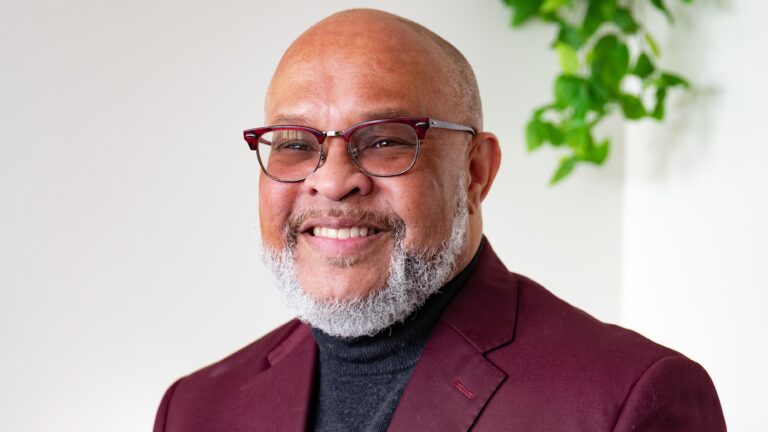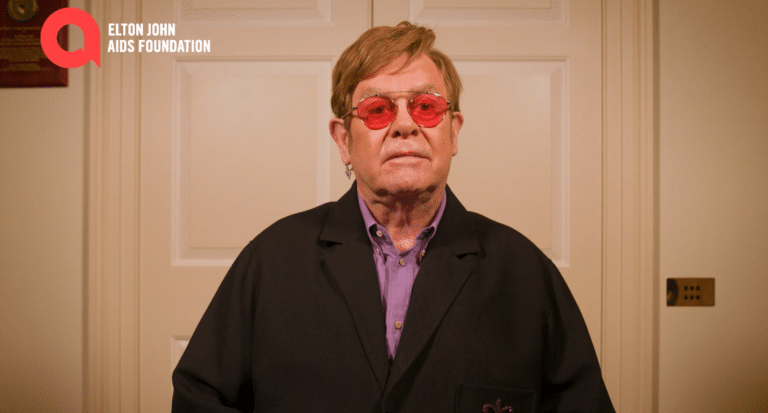The war’s impact on the HIV response
This week marks two years since the outbreak of the war in Ukraine. During these two years, there have been 1570 attacks on health facilities and 630 health facilities damaged. The UN estimates that 14.6 million people – about 40 per cent of people living in Ukraine – will need humanitarian assistance in 2024 and nearly four million people are internally displaced.
As a Ukrainian it is particularly heartbreaking to witness the scale of suffering and to see the ever-increasing toll the war is having on my country and my fellow Ukrainians. For the estimated 250,000 Ukrainians living with HIV the ongoing conflict has caused huge disruption to healthcare services and infrastructure resulting in limited access to treatment (antiretroviral therapy), increasing the risk of treatment failure as well as reducing access to HIV testing. With the often hidden psychological consequences of the war having a huge toll on communities: 9.6 million people in Ukraine are estimated to be at risk of or living with a mental health condition.
The true impact the war will have on the HIV epidemic in Ukraine is still an emerging picture and something that won’t be known for years to come.
The sad reality is that in the ten years prior to the full-scale invasion, Ukraine had seen incredible progress in ending its HIV epidemic, with new transmissions decreasing by half and AIDS-related deaths declining by over 80%. The Elton John AIDS Foundation has worked with community partners in the Ukraine for over 20 years, donating more than $9million, to fund projects that support people living with, or at risk of, HIV and we are dedicated to ensuring that all the gains that have been made are not lost.
Supporting local partners in Ukraine
As the Ukraine Program Manager, I lead on delivering a range of programs with our local partners which are helping to provide essential HIV services and humanitarian support. Since the start of the war, we have helped:
- Our partners to provide over 68,000 people with direct humanitarian assistance in the form of food, hygiene supplies, warm clothing, blankets, power banks, lanterns and other essential items
- Winterize forty-five shelters across Ukraine, ensuring they have power generators, heaters, bedding, cooking appliances and other vital equipment
- The Department of Health purchase new diagnostic equipment
- Provide funding for humanitarian coordinators to help local NGOs provide an integrated, cohesive response to the crisis and develop patient pathways
- Ensure local staff receive the training and support they need to deliver vital services
- Partners to facilitate HIV testing and the delivery of antiretroviral therapy
- Provide mental health services such as counselling and psychological support to vulnerable communities including people who use drugs and the LGBTQ+ community

New funding
This month we are awarding a further $2.9million to community partners in Ukraine to help provide a wide range of humanitarian support and essential HIV services.
This new funding will help our partners:
Pozitive Women to:
- Set up six new safe spaces to support women and children living with HIV
- Help prevent mother to child transmission by referring clients to specialist doctors and gynaecologists, to ensure they receive the necessary medical attention and treatment without facing additional barriers
- Conduct trainings for obstetricians and gynaecologists, which will focus on protecting and preventing violence towards women living with or vulnerable to HIV for example as the result of conflict-based violence
- Provide psychological support including individual and group counselling, screening for depression and anxiety
- Run workshops to provide training and employment support to women living with HIV

TB People to:
- Provide multidisciplinary mobile units that will test for HIV, TB and hepatitis C in areas with low detection and regions particularly impacted by the conflict, facilitating early diagnosis and treatment
- Train healthcare workers, social workers and paramedics on an integrated approach to the treatment of tuberculosis among HIV positive people
- Provide essential humanitarian support to people living with HIV and TB, to help improve their quality of life and maintain adherence to treatment
- Run focus groups with key beneficiaries to better understand and analyse the barriers to diagnose and treatment, with the findings shared with regional and national government to help inform and develop future programs
Today, women living with HIV are in a critical situation,” says Natalia Novytska, project manager at Positive Women. “Many of them, especially those who lived in regions now occupied by Russia or where military actions are taking place, have lost their homes, relatives, everything they have built over the years and loved.
We see how rapidly the HIV epidemic is spreading due to the war, how many women are infected every day and do not have the opportunity to receive HIV testing, prevention, or treatment. Most often, these women have children or relatives who need care. Many of them do not have the financial means to cover their basic needs and the needs of their family. They lack housing, food, hygiene products, clothing, and medications. They constantly face stigma and discrimination. Moreover, the war has significantly increased the risk of sexual and gender-based violence against women in Ukraine. Our goal is to do everything possible to help.”
Thanks to the support of the Elton John AIDS Foundation, we can help those at risk of infection to get HIV testing, as well as help them start a new life, provide a place where they will feel safe and understand that they are not alone. – Natalia Novytska, Project Manager at Positive Women



